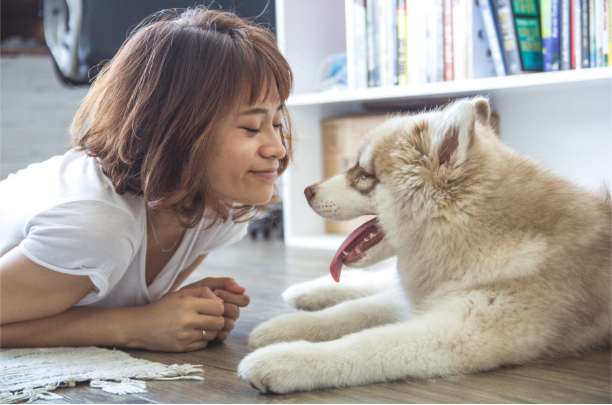Pet vaccinations have saved many pet lives over the years, but they may also pose a risk to health. It is best to look towards a hospital instead of small clinics when it comes to pet health care. They hire trained professionals and also use the latest equipment.
When it comes to vaccinating dogs and cats, it is good to read a bit of the latest research. New research shows that in some breeds immunity lasts longer than a year, so it is not necessary for you to vaccinate your dog or cat every year. For some, only a booster will be sufficient. But who can tell you all these things unless they know all about the various dog breeds? Such knowledgeable professionals can only be found at the animal hospitals that have been in business for decades.
In some animals, vaccinations cause side effects that range from mild itching and swelling to serious allergic reactions that cause death. In cats, the risk of cancer is high at the site of the injections. While in dog’s vaccines can result in autoimmune diseases.
The only vaccine the law requires your dogs to have is the rabies vaccine. Beyond that, it is your own decision. A lot depends on the type of dog or cat breed you have. Some diseases are life-threatening and for the love of your pet, you will have to take them for a medical exam and let the vet take the decisions on your behalf. They have the education and experience to decide exactly what types of vaccines are right for your pet. There are many contagious viruses that can turn into an epidemic if care is not taken in time. Even you can fall a victim to disease if your pet does not get the required medical attention on time.
In some breeds, the resistance provided by some vaccines lasts for longer than a year while in some for a lifetime. For canine distemper and canine parvo, the immunity lasts for five years minimum. On an average it lasts for seven to nine years while in some cases it can last for a lifetime. In cats, the rabies vaccines are effective for as long as seven years.
To ascertain exactly how frequently you need to vaccinate your pet a trip to the animal hospital is necessary. As with human medicine, pet medicine is also becoming individualized. What may be necessary for one animal may not be required for the other!
An experienced vet will examine your pet and tell you which vaccines are right and when to come for the next shot. The core vaccines for dogs remain the same which are distemper, parvovirus, hepatitis, and rabies. For cats, panleukopenia, calicivirus, rhinotracheitis (herpesvirus), and rabies as deemed compulsory by law.
Titers are blood tests that check the level of antibodies in the blood to indicate the presence of immunity. It is good to ask the vet to give your pet the titers, so they do not have to take unnecessary vaccinations that can adversely affect their health. It is advisable to give the pet one vaccine at a time. Multiple vaccines can cause side effects and it will be impossible to determine the main cause of these side effects. When a single vaccine is dispensed, the side effects will be obvious if any and then the vet will find it easier to remedy the problem.
Your dogs and cats, however, do need their annual medical exam to determine any early stage of the disease. Prevention is always better than cure. Healthy pets are happy and keep the rest of the family happy as well. Some diseases can only be discovered after a blood test using a lab. They have no obvious signs and when the symptoms appear it may already be too late.
Some pet owners are new to their animal and may panic over minor things. They are most welcome at the pet clinics with the worries they may have. One lady who had recently adopted a cat from a shelter booked an emergency appointment at the local vet clinic. The cat had its paperwork claiming it is in perfect health and the new owner feared it had a lung infection as it was making a strange sound that was becoming more frequent. She claimed the sound is triggered when the cat is near her. The vet starts to check out the lungs and the cat purrs and the lady exclaims “That’s it, that’s the sound it makes”. For a moment both the vet and the attendant were astonished and had to explain to the lady, it is a purr and it means the cat is happy. It is good the lady had her concerns for the cat and because she never owned a cat she had no idea about why it would purr.
This article was submitted by Dr. Mike Mark. http://www.petvethospitals.com/ To submit a blog, please contact cynthia@newyorkdognanny.com.




